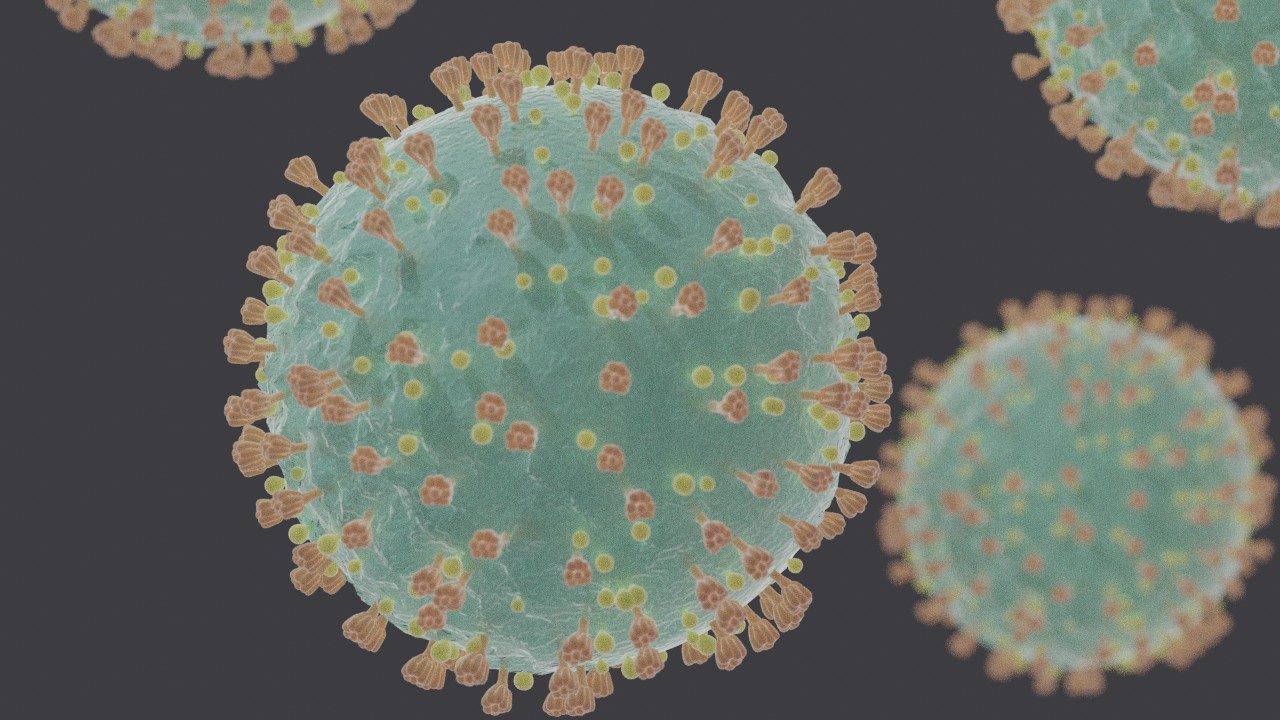Although the first case of COVID-19 in the U.S. was confirmed on Jan. 21, 2020, it wasn’t until March when the novel coronavirus upended life for most Americans. Throughout the year, states issued stay-at-home orders, closed schools, restricted travel, issued mask mandates, and changed election dates.
Here are the policy changes that happened August 31-September 4, 2020. To read more of our past coverage of the coronavirus pandemic, click here.
Monday, August 31, 2020
Election changes:
- Utah Governor Gary Herbert (R) signed into law legislation making several changes to administration procedures for the Nov. 3 general election (including the requirement that counties provide some form of in-person Election Day and early voting).
- U.S. District Court for the Northern District of Georgia Judge Eleanor L. Ross issued an order extending the return deadlines for absentee ballots in the general election. Ross ordered officials to accept as valid any absentee ballots postmarked Nov. 3 and received by 7:00 p.m. on Nov. 6.
School closures and reopenings:
- Connecticut schools were allowed to reopen for in-person instruction. Classrooms had been closed since March 16.
- Rhode Island Gov. Gina Raimondo (D) announced every public school district in the state except Providence and Central Falls would be permitted to resume in-person instruction when schools reopen for the 2020-2021 academic year. Raimondo said in-person classes were scheduled to start Sept. 14.
Eviction and foreclosure policies
- Pennsylvania’s statewide moratorium on evictions and foreclosures expired.
- Florida Gov. Ron DeSantis (R) extended the statewide moratorium on evictions and foreclosures through Oct. 1. DeSantis’ order allowed landlords to seek an eviction judgment in court, but said final judgments could not happen until the moratorium had ended.
- California Gov. Gavin Newsom (D) signed a bill preventing evictions for nonpayment of rent through Jan. 31, 2021.
- Oregon Gov. Kate Brown (D) issued an order extending the statewide foreclosure moratorium through December.
State court changes:
- Maryland Court of Appeals Chief Judge Mary Ellen Barbera allowed courts to move into Phase IV of the state court’s reopening plan on Aug. 31. Phase IV allowed most in-person proceedings to resume, with the exception of jury trials.
Tuesday, September 1, 2020
Stay-at-home orders and reopening plans:
- New Mexico Health Secretary Kathyleen Kunkel extended the state’s stay-at-home public health order through Sept. 18.
Federal government responses:
- White House spokesman Judd Deere announced that the U.S. would not join an international initiative called the COVID-19 Vaccines Global Access (Covax) Facility, the goal of which was to develop and distribute COVID-19 vaccines. The World Health Organization (WHO), Gavi, and the Coalition for Epidemic Preparedness Innovations (CEPI) spearheaded the initiative.
School closures and reopenings:
- The Maryland Board of Education approved new minimum requirements for instruction. The Board required schools to be open for at least 180 days and offer at least six hours of instruction, of which 3.5 hours had to be synchronous (e.g., all students taught at the same time) for grades K-12.
- The Vermont Agency of Commerce and Community Development issued new guidance that required student-athletes to wear face coverings during games and practices when social distancing wasn’t possible.
Wednesday, September 2, 2020
Stay-at-home orders and reopening plans:
- West Virginia Gov. Jim Justice (R) closed bars in Monongalia County, two days after allowing them to reopen. He first closed bars in Monongalia in July following a spike in coronavirus cases in that area.
Election changes:
- New York Governor Andrew Cuomo (D) announced an online absentee ballot request portal for the Nov. 3 general election.
- Hinds County Chancery Court Judge Denise Owens ordered Mississippi officials to expand absentee voting eligibility in the Nov. 3 general election to individuals with "pre-existing conditions that cause COVID-19 to present a greater risk of severe illness or death."
School closures and reopenings:
- The Indiana Board of Education voted to update its definition of what counts as a virtual student for use in the state’s school funding formula. As a result, students who opted for virtual learning during the pandemic were still counted in their school’s funding formula.
Thursday, September 3, 2020
Stay-at-home orders and reopening plans:
- Idaho Gov. Brad Little (R) announced the state would remain in Phase Four of reopening for at least two more weeks. Idaho entered Phase Four on June 13.
Friday, September 4, 2020
Stay-at-home orders and reopening plans:
- North Carolina Gov. Roy Cooper (D) moved the state into Phase 2.5 of reopening. Under Phase 2.5, the limit on gatherings increased to 25 people indoors and 50 people outdoors. Museums and aquariums were allowed to reopen at 50% capacity, while gyms and indoor exercise facilities could reopen at 30% capacity.
- New Jersey Gov. Phil Murphy (D) announced that indoor dining services and movie theaters could reopen with restrictions.
Travel restrictions:
- New Mexico Gov. Michelle Lujan Grisham (D) announced that out-of-state travelers from states with a 5% positivity rate or greater or a new case rate greater than 80 per 1 million residents would be required to self-quarantine for 14 days upon arrival. Additionally, she announced that travelers from any state could avoid the quarantine requirement with a negative COVID-19 test taken within 72 hours before or after entry into the state. Travelers waiting for a test result were required to self-quarantine.
Election changes:
- Virginia Governor Ralph Northam (D) signed into law legislation providing for the use of drop-boxes to return absentee/mail-in ballots. The legislation also provided for prepaid return postage.
State court changes:
- Delaware Supreme Court Chief Justice Collins Seitz Jr. extended the judicial emergency through Oct. 5, and announced that the judiciary would move into a modified Phase 3 of reopening on that date. Under the modified Phase 3 plan, the Delaware Supreme Court permitted jury trials to resume and allowed courts to increase capacity from 50% to 75%.
For the most recent coronavirus news, including the latest on vaccines and mask mandates, subscribe to our daily newsletter, Documenting America’s Path to Recovery.



